Electric water heaters are frequently underappreciated heroes in the realm of home appliances. Our daily lives have been transformed by these inconspicuous appliances, which give us a constant supply of hot water for everything from morning showers to dishwashing. While many people have traditionally opted for gas water heaters, electric water heaters have quietly gained popularity because they provide efficiency, convenience, and environmental advantages. We’ll go into the realm of electric water heaters in this guide and examine their benefits, types, methods of installation, and maintenance.
Types of Electric Water Heaters
Electric water heaters are available in several variations, each catering to certain requirements and preferences.
Storage Tank Water Heaters:
The most prevalent kind of electric water heater, these heat water and store it in a tank until it is needed. These heaters, which come in a range of sizes to accommodate different household sizes, are renowned for their dependability.
Tankless (On-Demand) Water Heaters:
Electric tankless water heaters heat water as it passes through the device, supplying hot water as needed. They save space because of their small design and are energy-efficient because they don’t constantly heat water in a tank.
Heat Pump Water Heaters:
Electricity is used in heat pump water heaters to move heat from the air or ground to the water. Long-term electricity costs can be greatly decreased thanks to their remarkable energy efficiency.
Point-of-Use Water Heaters:
These little units are placed right where hot water is required, like underneath a sink or close to a shower. They conserve energy by reducing the need to run hot water through lengthy pipes and give rapid hot water for particular purposes.
Advantages of Electric Water Heaters
Electric water heaters offer several advantages that make them a compelling choice for homeowners:
Energy Efficiency:
Modern electric water heaters are made to be very energy-efficient, converting the majority of the energy into heat. Over time, this efficiency may lead to lower utility costs.
Environmentally Friendly:
Electric water heaters produce zero emissions on-site, making them an eco-friendly choice. They are particularly green when powered by renewable energy sources like solar panels.
Ease of Installation:
In general, installing an electric water heater is less difficult than one that uses gas. They ease installation because they don’t need combustion chambers, gas lines, or venting systems.
Safety:
Electric water heaters are safer than gas water heaters since there is no danger of gas leaks or combustion-related accidents. Additionally, they are less likely to emit harmful gases.
Installation and Maintenance
An electric water heater installation requires careful planning and, occasionally, professional assistance. Here are some installation and maintenance hints to guarantee the effective and secure operation of your electric water heater:
Proper Sizing:
For the hot water demands of your household, pick a water heater with the appropriate capacity. While tiny heaters might not fulfill your needs, oversized heaters can result in needless energy waste.
Location:
Your water heater should be placed in an appropriate area. It should be easily accessible for maintenance and repair work and installed on a level, stable surface.
Temperature Setting:
A safe and effective setting for the water heater is normally approximately 120°F (49°C). This avoids scalding and uses less energy.
Regular Maintenance:
Check your electric water heater occasionally for signs of leaks, corrosion, or mineral buildup. The longevity of the heater can be increased by flushing the tank to remove sediment and replacing the sacrificial anode rods as necessary.
Safety Measures:
To maximize energy use, install temperature and pressure relief valves and take into account a water heater timer or smart thermostat.
Conclusion
Electric water heaters may not always steal the spotlight, but they quietly play a crucial role in our daily lives. These effective and environmentally friendly appliances deserve our admiration for everything they do, from offering a warm shower to guaranteeing clean dishes. Electric water heaters offer a range of solutions to meet your needs, whether you choose a conventional storage tank or a cutting-edge tankless type. You can benefit from a dependable and energy-efficient hot water supply and contribute to a more environmentally friendly future by following proper installation and maintenance instructions.




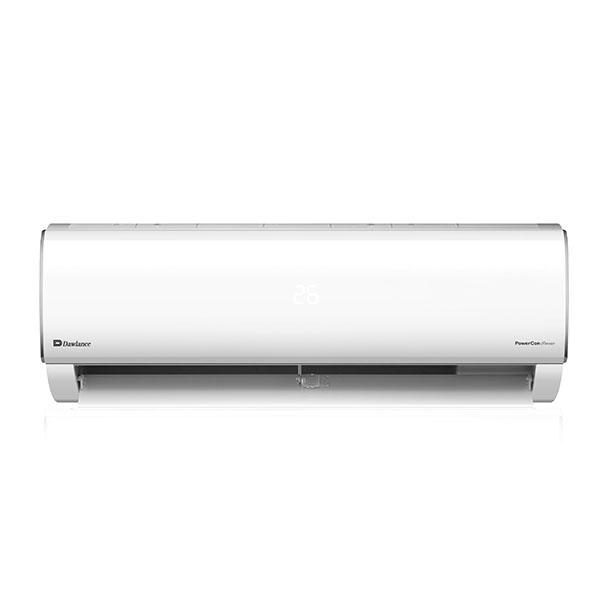

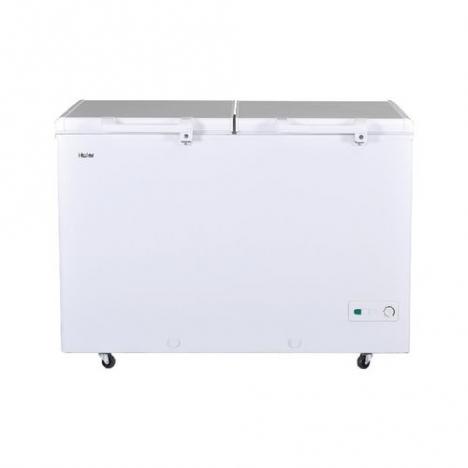

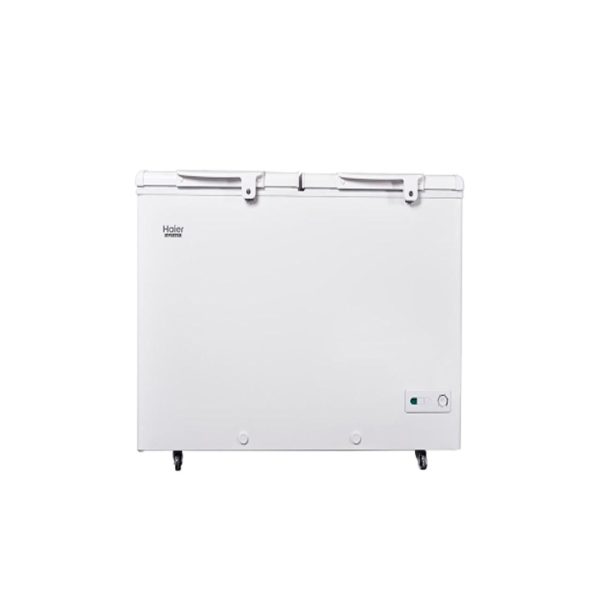
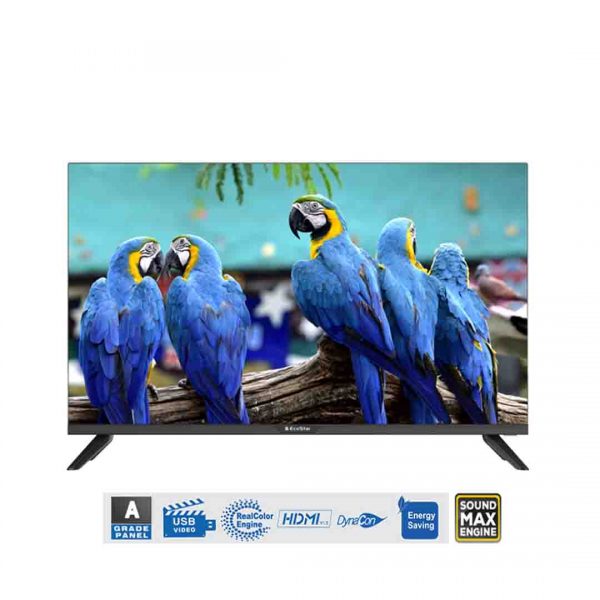
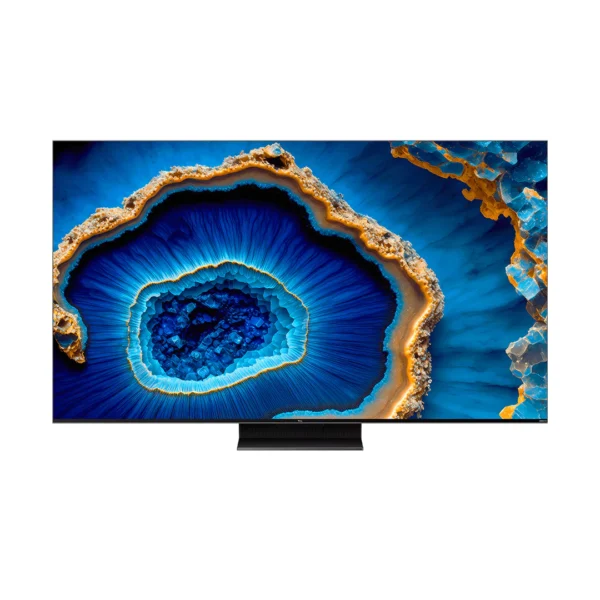
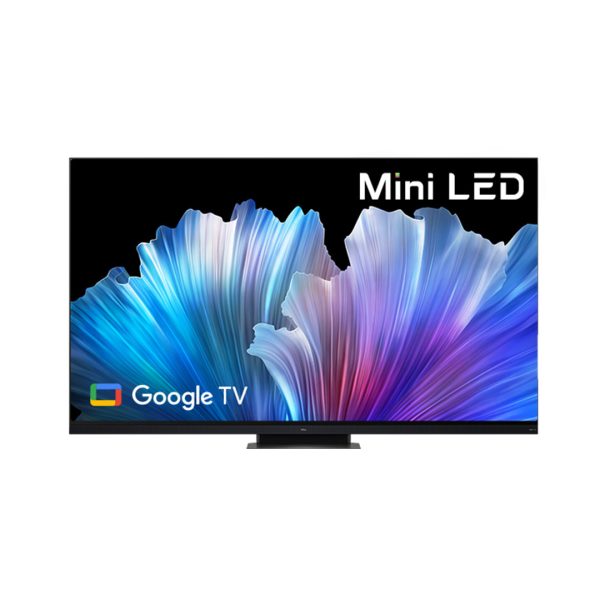
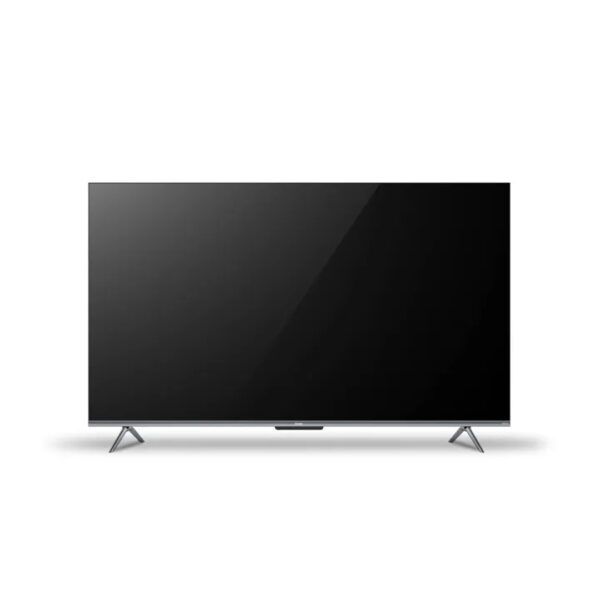
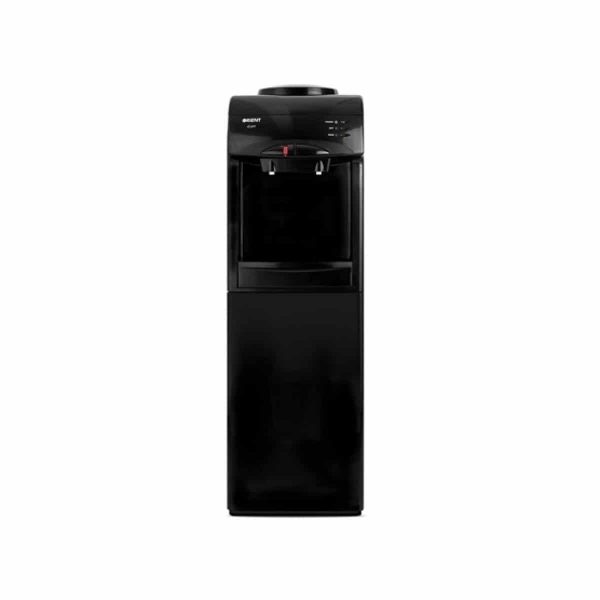
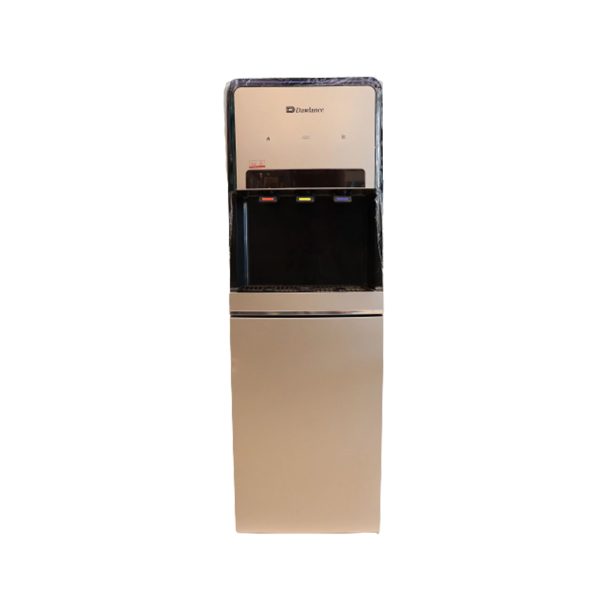

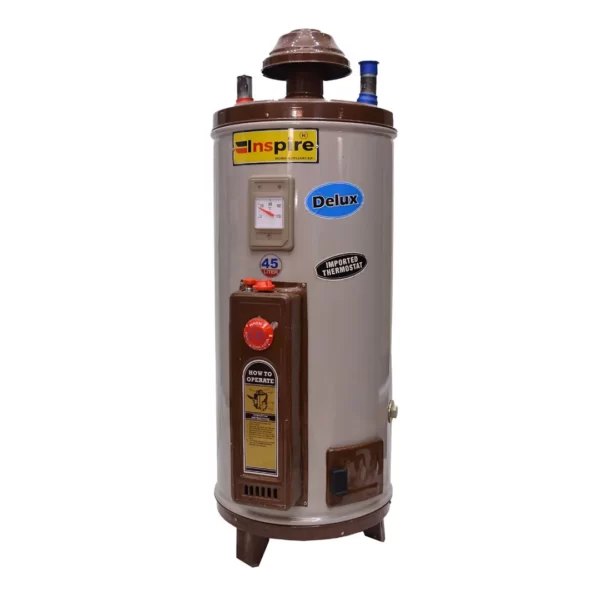
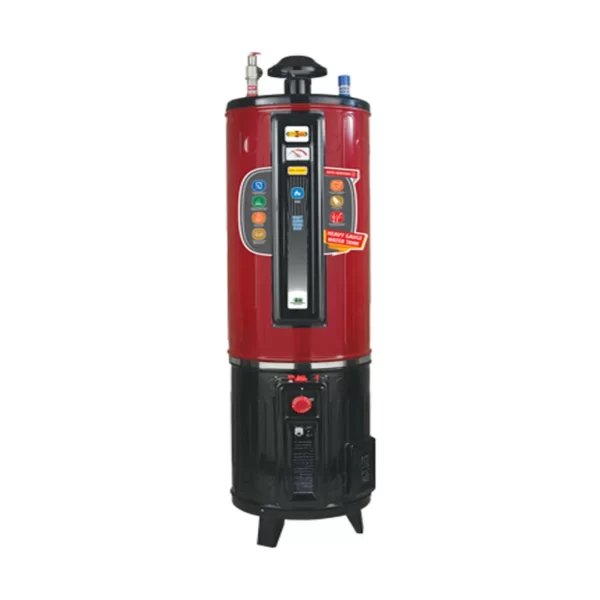

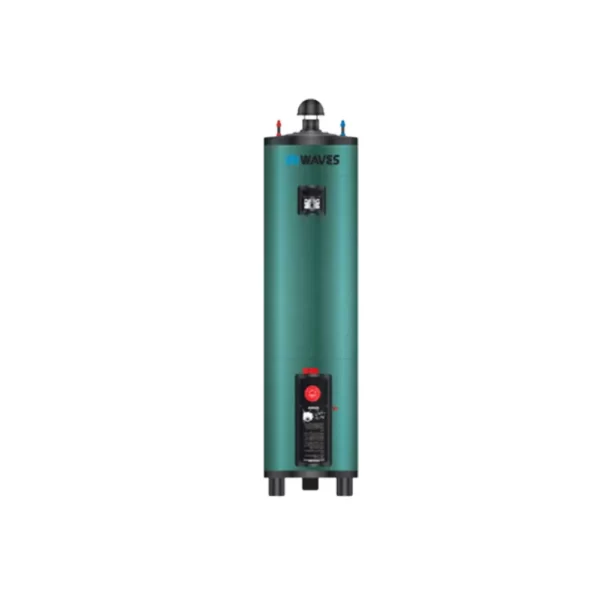



 Dryers
Dryers Ironing / Garment Care
Ironing / Garment Care